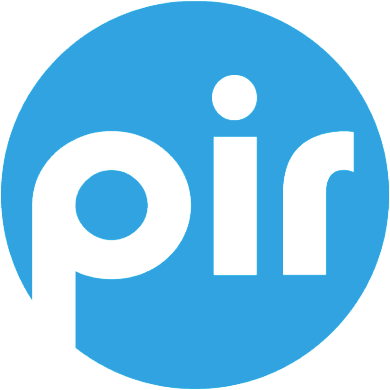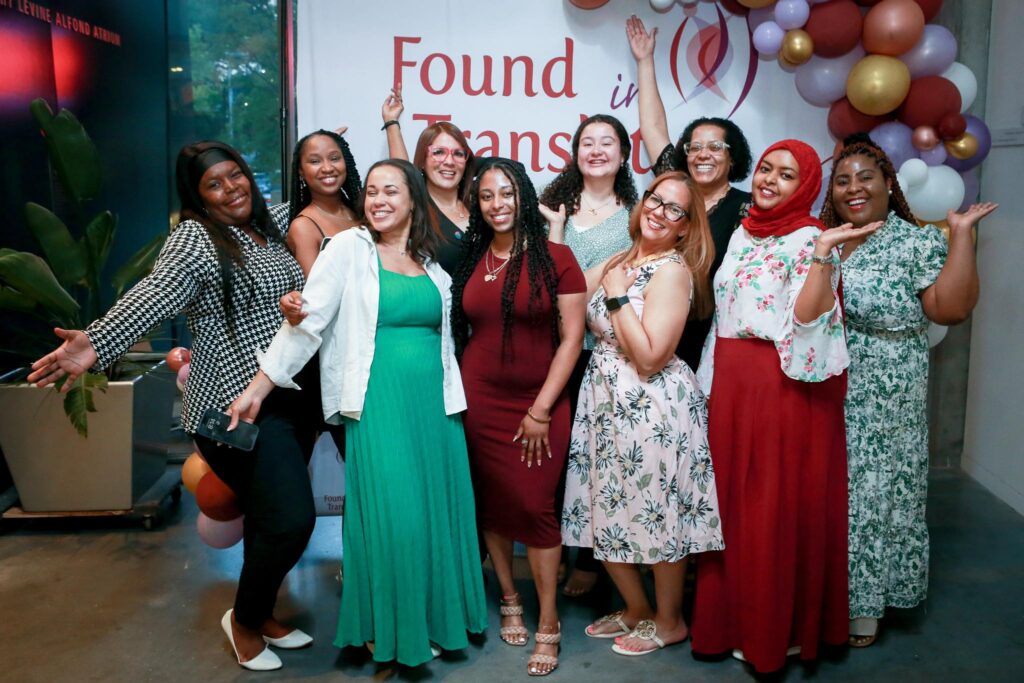When bilingual women arrive in the United States, their skills often go unrecognized. Degrees and experience from their home countries may not translate, and language barriers can push them into low-wage jobs. Found in Translation, based in Boston, was created to change that reality. Since 2011, the nonprofit has trained immigrant women as medical interpreters, providing free training, childcare, transportation, and career support. Equally powerful is what has grown around it: an alumni community that supports, mentors, and sustains each new class of students.
Founder Maria Vertkin reflected on how the program began, how it has evolved, and why community has become the heart of their model.
What led you to create Found in Translation?
I come from a twice-immigrant family, and in my work as a social worker I saw families struggling in the same ways mine did. Skilled professionals were driving taxis or working survival jobs because their degrees did not count in the U.S. Many of my clients were bilingual, and I realized those language skills could open doors if the right training was available.
Medical interpreting stood out because the profession was flexible and fairly compensated, but tuition, books, childcare, and transportation still kept it out of reach. Found in Translation was born to remove those barriers. From the start, the vision was not just about credentials, but about making sure women had what they needed to succeed.
How has your model evolved since the beginning?
At first I thought efficiency was the goal: deliver training quickly, get people credentialed, and send them on their way. What we discovered is that a certificate alone does not guarantee success. Graduates needed support applying for jobs, building confidence, and making connections.
The biggest shift was realizing that community is just as important as credentials. Alumni wanted to stay involved, to mentor new students, and to create what they called a “sisterhood.” Today, most of our faculty are program graduates. Alumni hire, teach, and guide one another, making the program stronger and creating an ecosystem of support that continues long after the classroom experience.
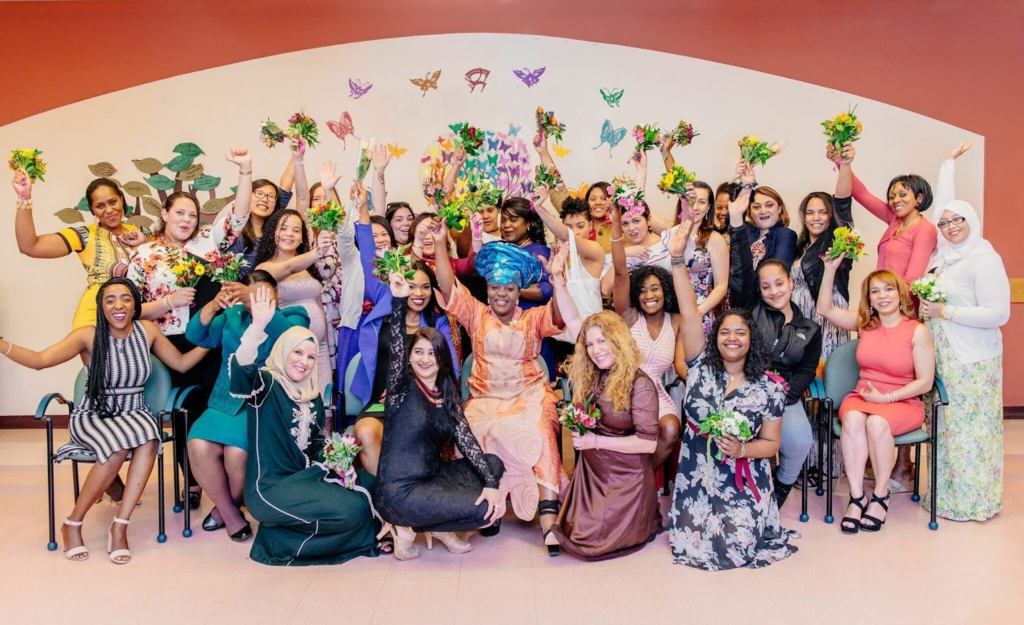
Is there a graduate story that reflects this transformation?
One alumna came to us after earning a master’s degree in education in the United States. She was unable to find work in her field, was burdened with debt, and discovered us through a flyer at a day shelter. She not only became a successful interpreter across New England, but also went on to become a licensed instructor. Today she teaches interpreting, mentors other graduates, and is building her own interpreting business.
Her story is not unusual. Many graduates stay engaged for years, teaching, mentoring, and sometimes even hiring others. That cycle of giving back is what makes the program truly sustainable.
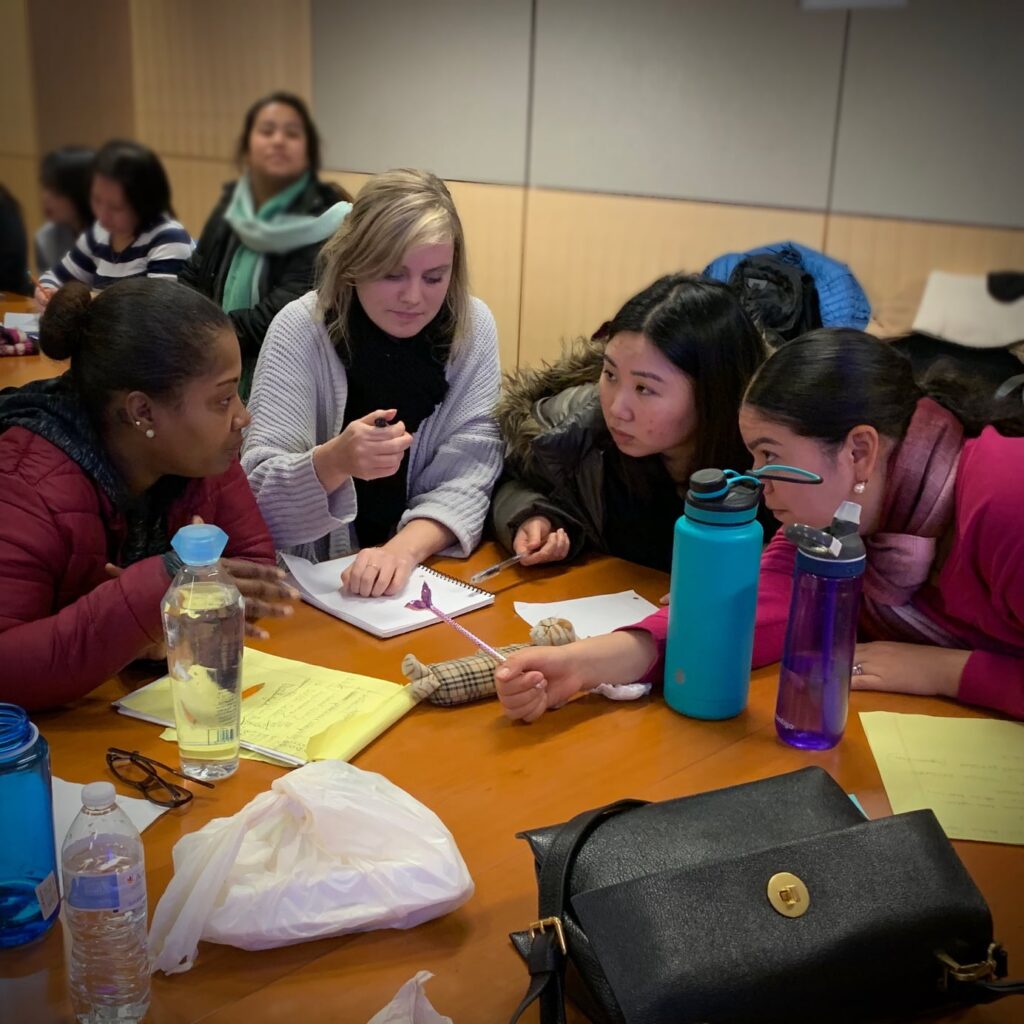
How would you describe what sets your program apart?
We are one of the only interpreter training programs that is completely free. We also provide supports like childcare and transportation that other programs often cannot. We welcome rare languages that are sometimes excluded elsewhere because they are costly to accommodate. For us, turning people away for needing additional support goes against our mission.
Another difference is that we are highly specialized. Many workforce programs are generalists, but we focus deeply on interpreting. That has made us a trusted partner for hospitals and agencies who need well-trained interpreters, including in languages they cannot find anywhere else.
What challenges have shaped your approach to growth?
A few years ago, during a leadership transition, our funding declined sharply and the organization nearly closed. We went through painful layoffs, and for a time it was unclear if we would survive. What brought us back was the community around us. I returned after graduate school, a founding board member stepped back in, and funders renewed their commitment with multi-year support.
Out of that difficult period came a stronger focus on sustainability. We invested in better financial systems, built new fundraising strategies, and expanded fee-for-service training partnerships. Those steps have helped us move forward with more stability and resilience.
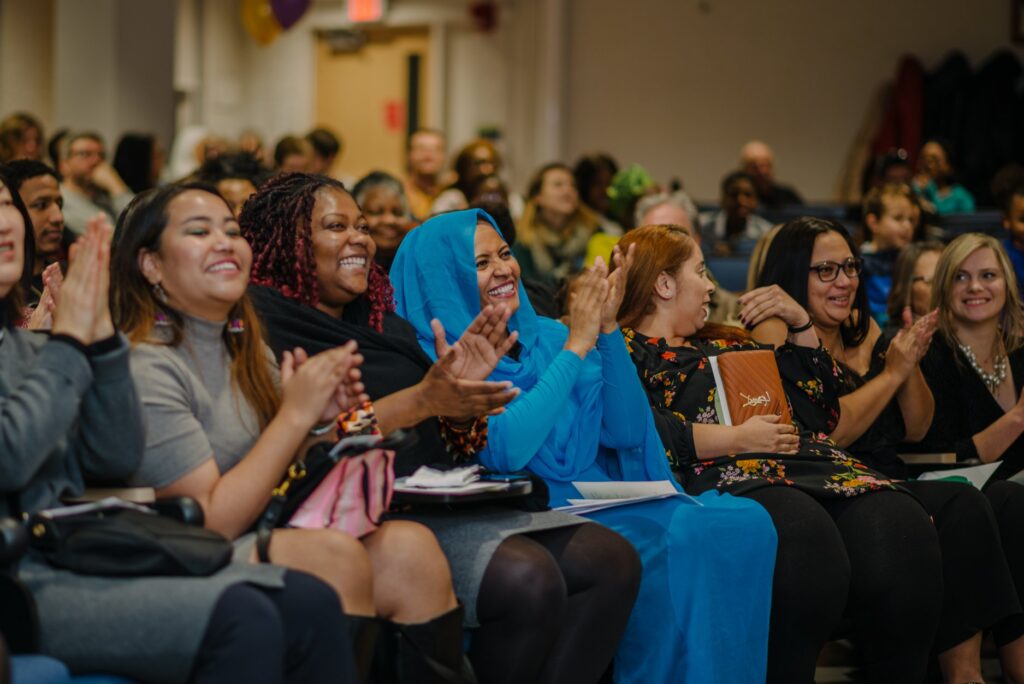
How do partnerships play a role in your work?
Partnerships are central to everything we do. Hospitals and agencies hire our graduates and advise on training. Social service organizations refer participants. Each year we host an Interpreter Job Fair that brings jobseekers and employers together. We also provide interpreting and translation services to dozens of community-based organizations, which helps them serve their own clients more effectively.
It is an ecosystem where each part reinforces the other. Our graduates succeed because employers and partners are invested in their growth, and employers benefit from the diverse pool of interpreters we provide.
Found in Translation was named a 2025 Diversity, Equity, and Inclusion finalist in the 2025 .ORG Impact Awards. For Maria and her team, the recognition affirms their belief that opportunity should never be limited by language or circumstance. With alumni now working in every major hospital in Boston and beyond – and many returning as mentors and teachers – Found in Translation proves how community and access can break barriers and build lasting change.
Learn more at www.found-in-translation.org.
